“It feels like you’re being eaten, slowly eaten away at the edges.”
Jordan Kovacs
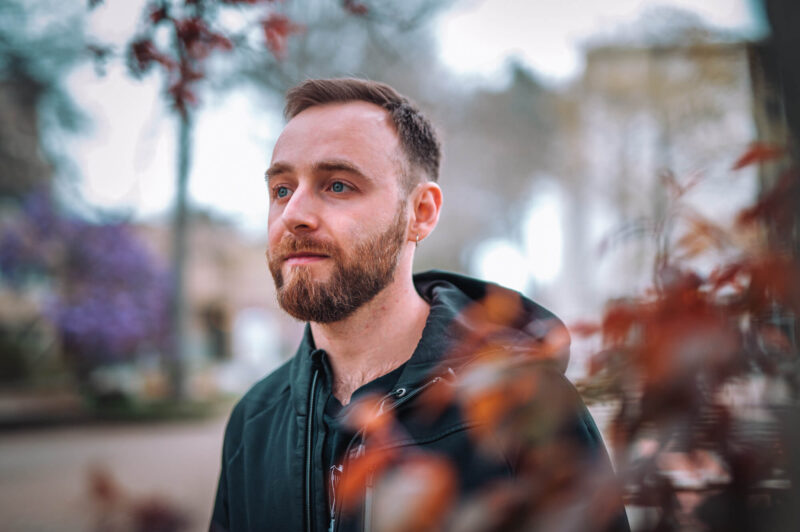
Before discovering his passion for travel, Jordan spent most of his time in Victoria, British Columbia, where he was born and raised. He was a shy and introverted kid who loved to read and dreamed of becoming a writer. He pursued a degree in writing at the University of Victoria straight out of high school. But, as much as he loved Victoria and writing, he longed to escape his bubble and learn more about the world and himself. So he decided to put his degree on pause to travel.
At 23, he found himself living and working at a small beachside hostel in Northern Cambodia. “I was living a beach-bum life. Having a lot of fun.” The hostel was called Mom’s Kitchen. It was run by an ambitious and business-minded Khmer woman who everyone called Mam. Mam and her hostel provided a home and income not only to her family, but to many transients as well. “We called it the land of the broken toys. Everyone was messed up in their own way. But there was a sense of community there.”
Northern Cambodia endures a monsoon season lasting three months of the year, from September through November. This was Jordan’s first time experiencing Cambodian monsoons.
It was all new and disastrous to me that first season. But to the people around me, this was normal, this was the rainy season. Mom’s Kitchen was open concept with tin roofs. I’ll never forget how loud the rain could get. It’s just slamming on this tin roof. With the wind coming through, you’re never sure if a gust of wind is going to take it off. You’re very close, it felt, to nature.
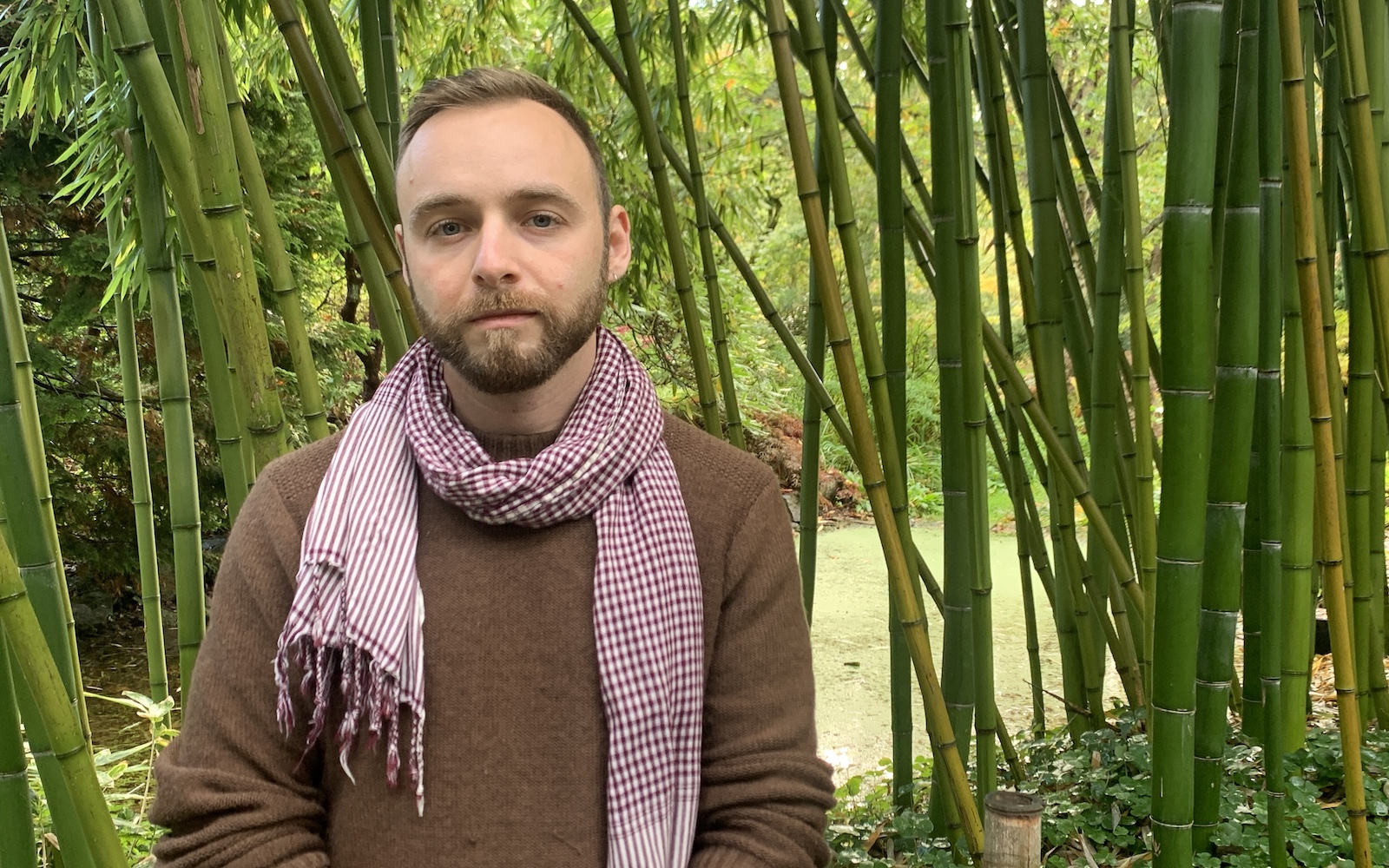
Jordan Kovacs was working at hostel in Cambodia when he witnessed the impact of coastal erosion. (CDP Photo/Hannah Seaton)
One night there was a big group of us sitting around a large table. It was by candlelight because the power was out. It was dark and stormy, but we were having drinks and having a good time. We were all sitting there, then all of a sudden, it was like, “Bang!” The entire table just dropped perfectly into its own footprint. The ground had collapsed underneath the table.
I remember seeing the look of shock on my one friend’s face. Although it was wild and crazy and kind of funny, there was a kind of edge to it that was like, “Somebody could have been really hurt.” The floor just collapsed underneath us. What if it had been a larger drop? What if the table hadn’t just fallen into its own footprint? What if someone got crushed?
It turns out the sand underneath the foundation had eroded away. There were these tankers that would park off the coast at the sandbanks and suck up huge amounts of sand for construction projects. There were rumours it was in the Gulf States or in Singapore. No one really knew where. They just sat off the coast sucking up tons of sand and sure enough, less and less beach was there.
The community was definitely concerned. I don’t know if anyone really knew what to do or how to do anything about it. Mam was eternally an optimist. But, there just weren’t the tools to fight nature. It takes a lot of money and resources to be able to combat that kind of erosion. That wasn’t there.
I remember watching the family rebuilding the collapsed part of the hostel. I can’t blame them for this because you work with the resources you have, but they rebuilt it with the exact same materials. They just refilled sand and put another layer of concrete over it. It felt like, “This will just happen again.” It seemed doomed. But what else are they going to do?
It was really sad to know that this slice of paradise was slowly being eaten away. There was basically a timeline on how long this community could last. I think the attitude was make as much money as you can while you can. The community had always had a sense of impermanence about it because this was a community that, at one point, had been bulldozed because it was technically illegal because everyone was a squatter.
What ended up happening is instead of the community being swept away, it was actually swept away by industry. China pumped a shitload of money into the region and turned it into a gambling Mecca. So, that whole stretch of beach is now a freeway of casinos. They built 70 or 80 casinos within three years. Where there were bamboo shacks and a little beach is now a road with nothing but hotels and casinos. There’s no beach left.
I definitely think about that place a whole lot. You always hear about the sea level rise, and it makes you wonder, what would sea level rise really look like? Seeing places along the waterfront disappear, it feels like you’re being eaten, slowly eaten away at the edges.
There are always so many factors contributing. Empowering communities to be more self-sustainable is really important. That includes protecting things like the mangroves that used to grow in the area that would have helped with the erosion. A lot of those mangroves weren’t there anymore. They were torn up for construction. They also didn’t have a suitable environment. The river the mangroves grew along was super toxic because there was no protection against dumping stuff in the river.
Proper infrastructure is also really important. We tried to make drainage channels to try and divert the water. They helped a little bit, but there was just too much water. There’s a lot of different factors. It’s erosion and not as many trees and bigger storms. A lot of stuff.
I’ve lived through different storm seasons in different countries, but I look back on it fondly. It’s weird to say. It was like lightning in a bottle in a way. I think I’d be happy to know it was all still there. And it’s not. It’s gone. It’s really sad. I hope Mam’s managed to rebuild somewhere else. I know her daughter was studying Chinese, so I’m sure she’s trying to figure out how to make the best of the changing demographic and landscape. People want to find a way to survive. People, really, really, really don’t want to die. So I feel like I’m hopeful that we can struggle our way through whatever.
This testimony was originally published in the Royal British Columbia Museum, on January 11, 2023.
Related Stories
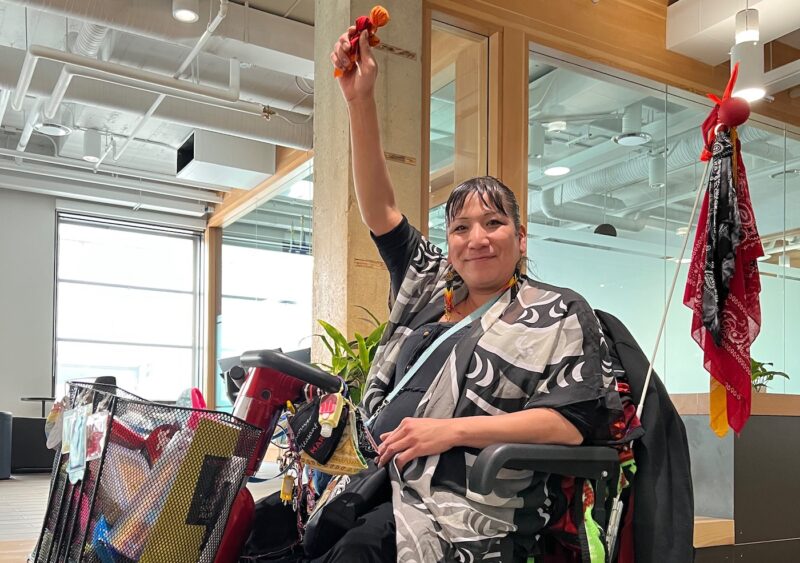
Suzanne Kilroy/Huculak, East Vancouver, Canada
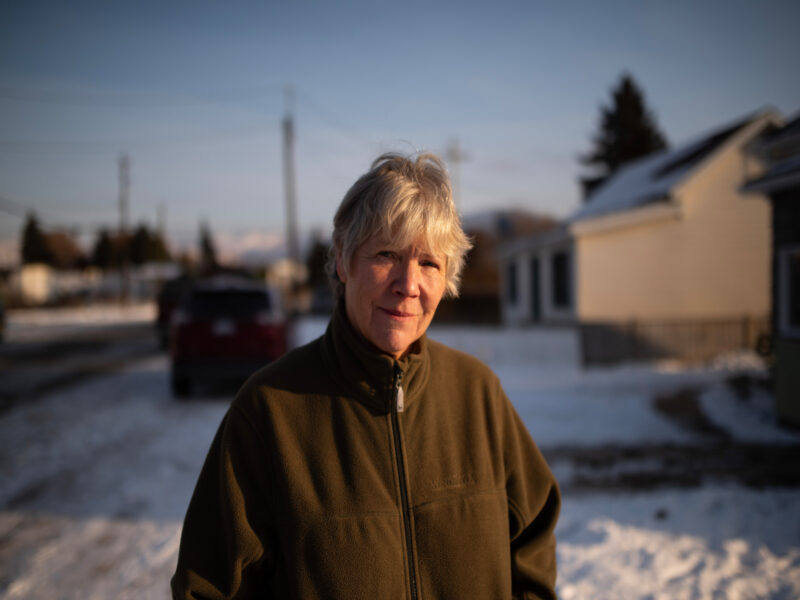
Donna Rae, Merritt, Canada
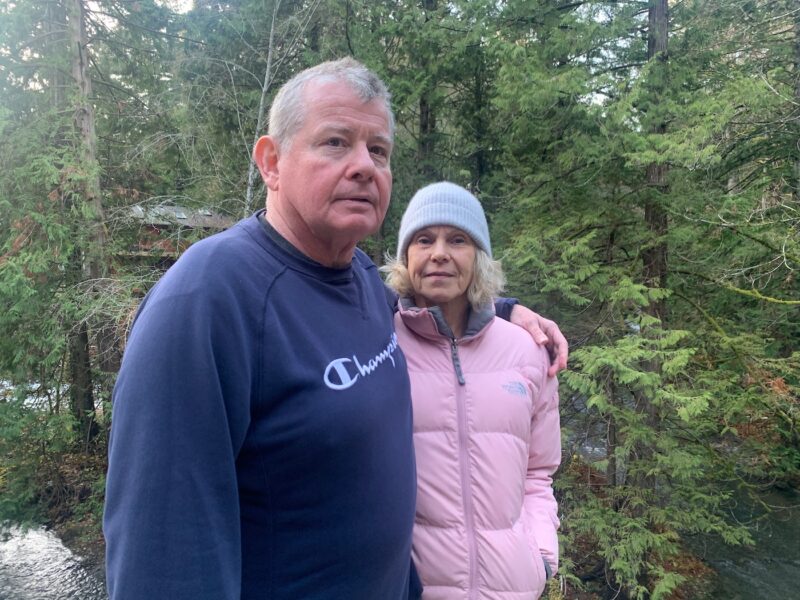
Jeff and Cheryl Morrow, Langford, Canada